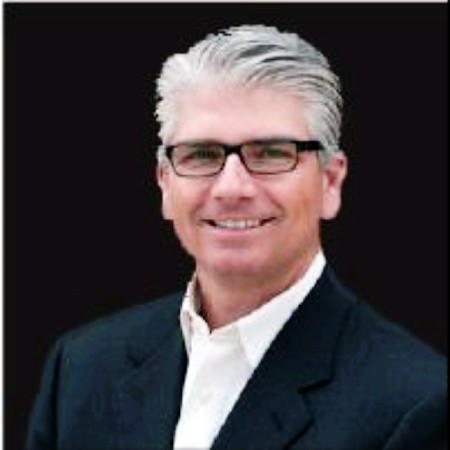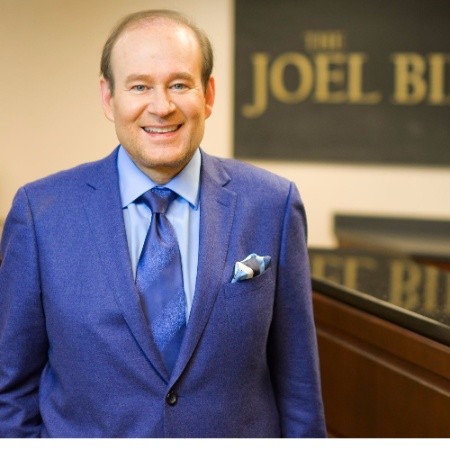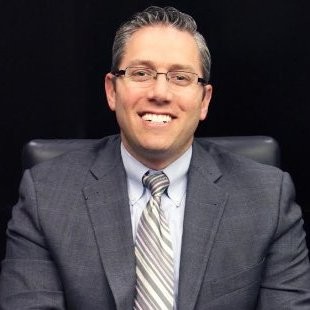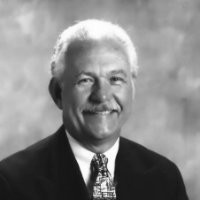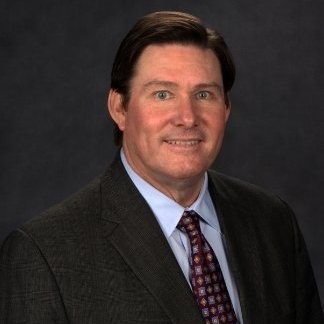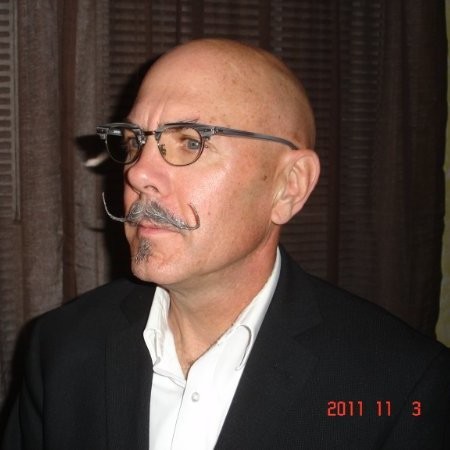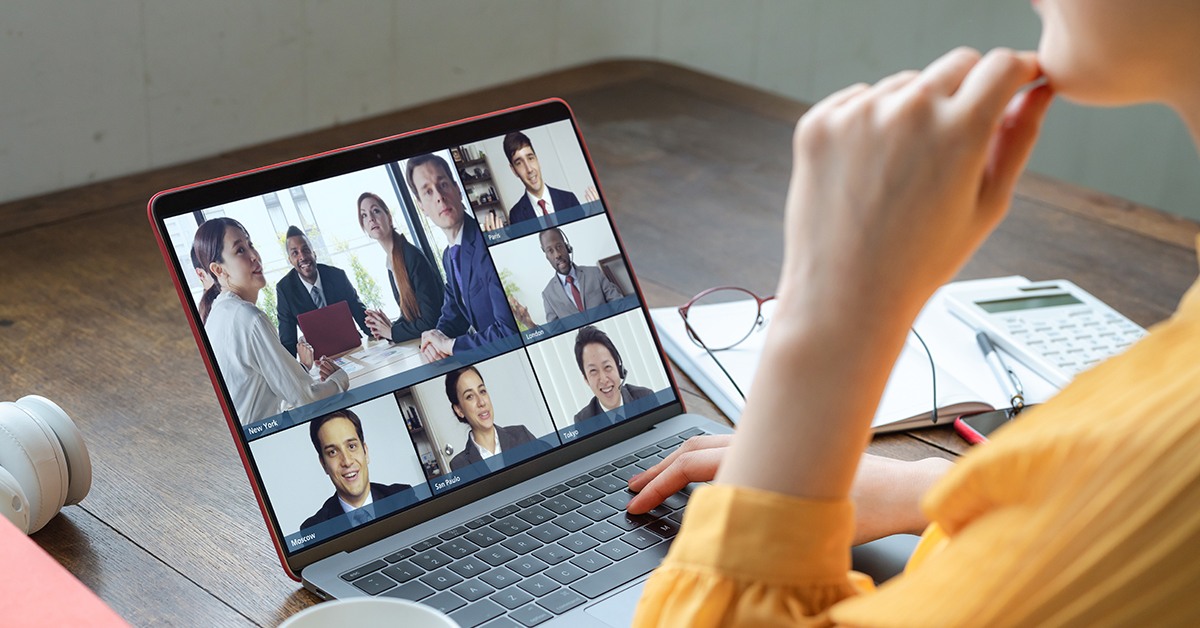
COVID-19 has given us all a gift. Yes, a pandemic present. And that is a fresh perspective and new opportunity for a major culture shift in how we do business.
In law, there has been a historically inflated sense of entitlement — an ego, a power trip — that often gets in the way of effective communication, real results and the meaning behind work. And that’s just not going to work in a post-pandemic world.
So we can pine for the past. Or we can take this opportunity to learn how to be better, to work smarter and to build more valuable relationships with the people to whom we deliver legal services.
This is a service business
So let’s start right there. Attorneys are in the service business. We’re not selling vacuums. And we can’t operate in a vacuum. We are interacting with human beings who need our help, maybe at an extremely vulnerable time in life and are looking to us for communication not just answers, but compassion.
We cannot take advantage of this position. There is no exclusive law school degree or powerhouse firm that will ever make it acceptable to operate on the assumption that your needs or gain are more important than the people you serve every day.
There is no getting around this fact, and it’s becoming abundantly clear in a global crisis the likes of which we’ve never seen. It’s simple: If you are a lawyer, you must figure out how to be a people person in a post-pandemic world. Why? Because clients are confused and fearful. They don’t know what the future holds. They might be financially insecure, let alone emotionally taxed. And how you interact with a prospective client from the first phone call does matter — now more than ever.
Not only will a more compassionate, communicative approach give new value to the legal services you provide and the life you want to lead, it will quickly distinguish you from the competition. Remember, most attorneys are still operating from a place of privilege. It’s time to tear that down.
Tools for turning the process around
So let’s flip everything around: Your work as a lawyer is not about you; it’s about the client. If you can stay focused on this undeniable fact, there are opportunities at every turn to change how your firm does business and the talented, tolerant and trustworthy reputation that comes along with it.
As with all healthy functioning relationships, communication is critical. It sets the tone for everything going forward. So you have to get it right the first time. In a time of exceptional upheaval, you finally have an acute opportunity to put the “personal” in personal injury.
Ambassadors of first impressions™
So whoever answers the phone, sends an email, meets over FaceTime — every “ambassador of first impressions” — had better be sending a welcoming, empowering message of hope.
But clearly that looks different in a quarantined world under the cloud of a global pandemic that is completely out of our hands. So forget in-person meetings for now and embrace the technology at your fingertips.
If intake starts with a phone call, don’t make it just a generic, impersonal survey of questions that quickly demoralizes the caller as just another case or acquisition. Make it personal. Teach your intake professionals how to take an extra five minutes to get the details required, but only after they’ve asked the client questions like, “How can we best communicate with you during this process?”
A gesture as simple as this quickly makes the transaction about the client: How can we help you. Does phone, text or email work best when we follow up? Are you comfortable with video conferencing when we need to meet with your team? If not, how can we accommodate so we can communicate best?
Then, employ the resources to become better than any other lawyer at handling remote video communication, whether it’s on Zoom, FaceTime or Webex. There is a protocol that makes these interactions more comfortable for both parties. You will have to look at people in the eyes, up-close and learn to read body language. You will have to adjust on the fly and potentially help people with technological deficiencies. Plan for the new norm and take charge. Setting new expectations will take you farther than you thought possible.
New styles of communication also apply internally. Your office may look very different right now and for the foreseeable future. If your team can’t meet in person, how can you continue to collaborate effectively? How will you ensure that your people don’t get so deep on their silos that they can’t get the crops rotated? How will you motivate yourself and your teams thoughtfully, without being a taskmaster or control freak? Who will you promote that best represents the new face of your firm?
Remember, you took the Attorney’s Oath when you became a lawyer: “I do solemnly swear that I will support the Constitutions of the United States, and of this state; that I will honestly demean myself in the practice of law; that I will discharge my duties to my clients to the best of my ability; and that I will conduct myself with integrity and civility in dealing and communicating with the court and all parties. So help me God.”
Not many lawyers read and revisit this pledge after citing it the first time. But the phrases in here — “duties to my clients,” “integrity,” and “civility in dealing and communicating” — are powerful prompts.
Now is an incredible opportunity to revisit the promise you made to yourself and to your clients. What you do at this pivot point could change your entire perspective, your character, your financial position — and your life.
Remember: “What You Don’t Know, You Don’t Know™”




















